NYC's Mercantile Mayhem: Warming The Cockles of My Heart Edition
A newsletter about the survival of independent businesses in New York City, with a special focus on immigrant-owned, storefront retail and CPG businesses.
Cockles Officially Warmed
Does anyone else feel exhilarated when a depressing, dark, desolate ATM location transforms into a lively pizzeria with customers coming and going? Or is it just me? Perhaps that’s why I’m a journalist/photographer covering various aspects of small business.
On the corner of Manhattan’s Canal Street and West Broadway there used to be a Bank of America ATM—dimly-lit with people in various states of decay laying about. Today, the same corner is Lucia Pizza of SoHo. It has singlehandedly transformed the corner, infusing it with life, providing customers for the wine shop next door, and most importantly, the pizza is outstanding! (Disclaimer: pizza is one of my favorite food groups.)
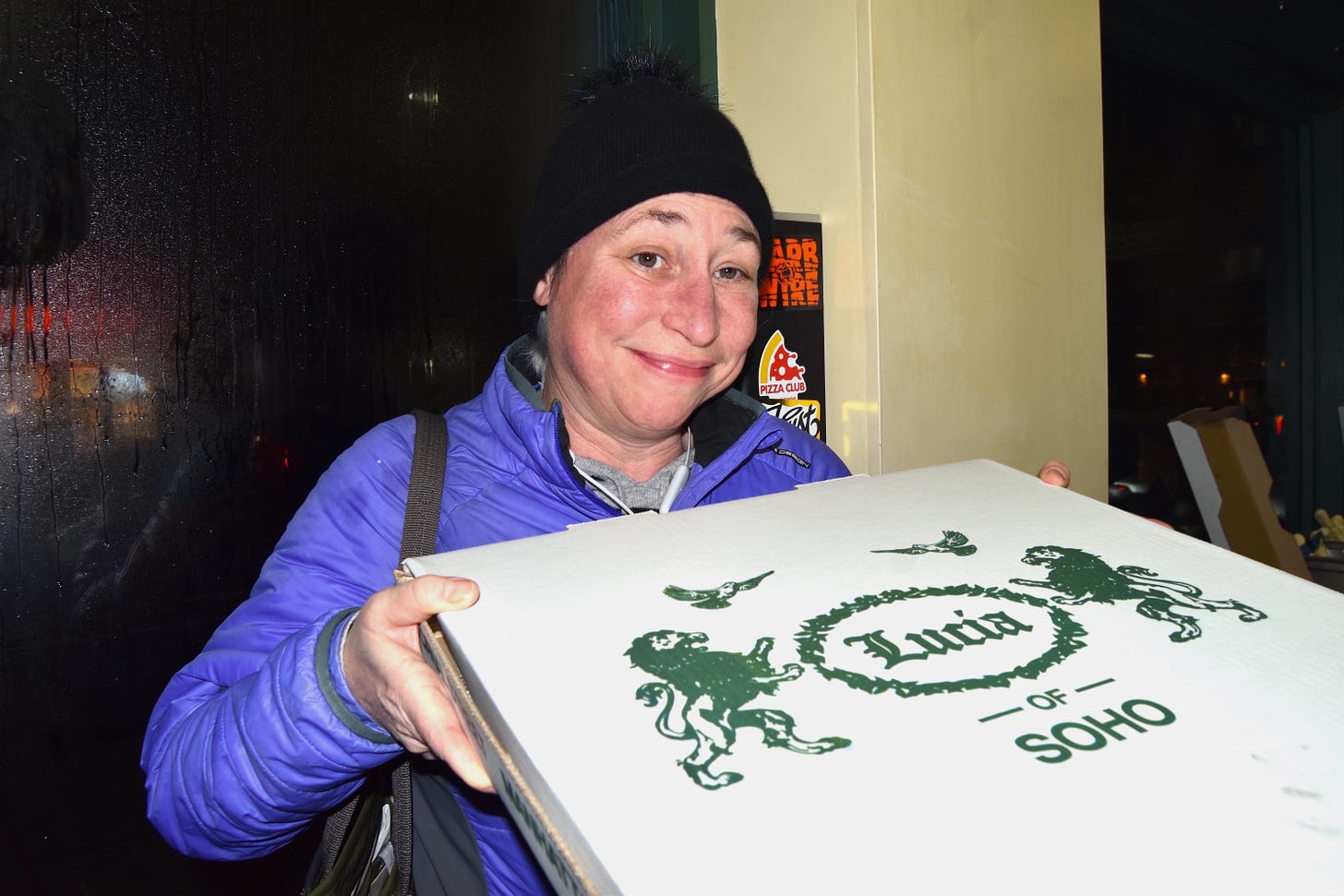
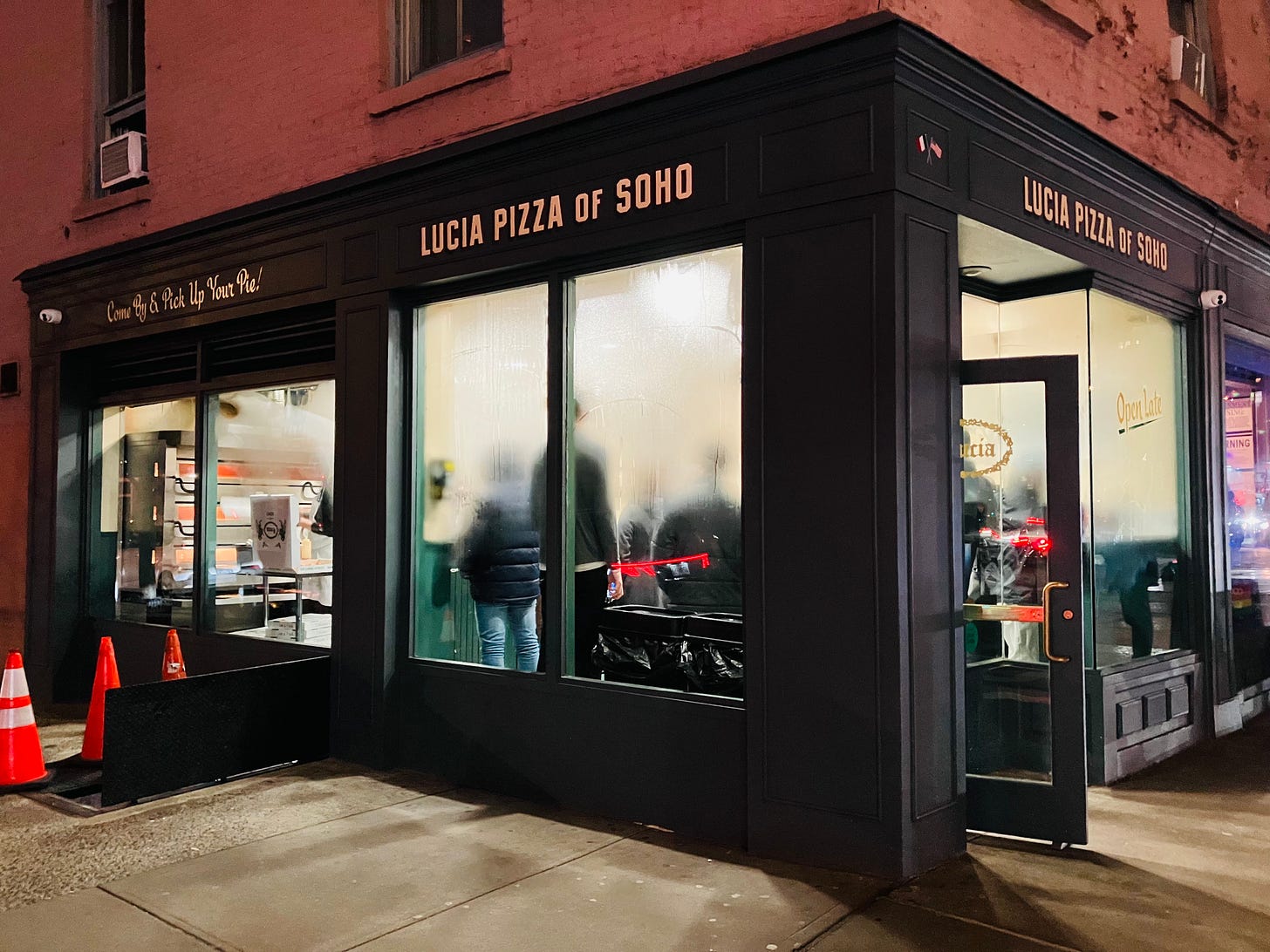
Do the owners of an ATM location care about the well-being of a neighborhood? No, they do not, but owners of small businesses do. I hope landlords understand the benefits of renting commercial spaces to independent businesses, even if it means at a slightly reduced price, over the traditional corporate tenants, from a CVS to a Taco Bell, which have been considered “safer” financial bets. Is the tide turning? Probably not, but we can dream.
Note on cockles: I only recently learned they are real mollusks, I thought they were mythical clams until I read one of The Sambal Lady aka Auria’s Malaysian Kitchen Instagram posts.
Previous “Muslim Ban” Will Be Child’s Play Compared To What’s Ahead If Trump Wins
I wrote a story for Marketplace about the impact of Trump’s “Muslim Ban” as it was called, on immigrant-owned small businesses in 2019, it’s also on my website. The ban made it impossible for a young budding entrepreneur from one of the banned countries to visit the US, never mind live, unable to see their cofounder(s). It caused problems with startups’ funding and launch dates. But I found the Muslim Ban wreaked havoc on business owners’ mental health due to family separation, more than anything.
The immigrant business owners already living in the US were dealing with the everyday tasks of running a business, or launching one, but with the added stress of an elderly father, or wife, or young kids, etc, stuck in one of the banned countries, or stranded in an intermediary country, often with no income. Some didn’t know if they would ever be reunited with family in the US and probably still wouldn’t be today if Trump had won a second term.
Heroes did emerge during this grim period. Immigration lawyers and translators, among others, sprang into action and went to airports across the US, helping people waiting for their relatives who either never arrived or were sent back.
One of these heroes is Tahmina Watson. An immigration lawyer based in Seattle, Washington, you can read her first person account of those harrowing first days of the Muslim Ban here.
Before and after the Muslim Ban triage era, Watson has been active with various Startup Visa initiatives, allowing immigrant startup founders a special status to remain working in the US and general immigration services.
I took this photo of her (above) when she visited NYC in December and her new book The Startup Visa: U.S. Immigration Visa Guide for Startups and Founders was displayed on a Times Square billboard.
On a side note, Watson has blossomed into an exquisite bird photographer (yes, she photographed a white raven) which she says helps her practice law. Let’s hope Watson can continue with her regular immigration work and bird photography and not the consequences of a harsher Muslim Ban if Trump wins.
Outtakes
It’s inevitable that heaps of reported material can’t be included in stories or cut during the editing process, simply because there is no room. I get attached to particular reported gems I want to keep, but the story does ultimately end up better, more concise, thanks to editors. When I wrote the New York Times story about the survival of storefront retail in NYC, I interviewed two “old school” business owners, for another point of view, who are conducting business as they have done for the past several decades. One of them is Marty Rosen, owner of Sock Man on Saint Mark’s Place, who has been in business for 40 years. It’s a refreshing shopping experience where the customer is not always right.
The standard brick and mortar equation is: 10% of revenue should cover rent, so if rent is $10K a month, the business should be pulling in $100K a month. The more I learn, I realize it’s a miracle anyone can operate a storefront retail space and make a profit in New York City.
Chilling The Cockles of My Heart Section: Closures
While there is no commercial rent stabilization in New York City. Many decent small landlords with a soul raise their commercial tenants’ rents incrementally when renewing a lease. The insane rent hikes usually happen when a building is sold, or inherited, and the new landlords want top dollar rents or aim to resell. They don’t care about current tenants, their contribution to the neighborhood, only how much they can pay. There have been a slew of closures recently, most, but not all, are due to untenable rent increases.
The sewing shop Gizmo in the East Village, the infamous East Village watering hole Lucy’s (which has not officially closed, but likely imminent), the iconic Village Cigars in the West Village and Ting’s Gift Shop in Chinatown.
I admire the new savvy young storefront retailers who have a realistic approach to business, but are we going to lose all of the city’s historic, idiosyncratic, “old school” shops? Are there solutions to helping some of these iconic stores stay open that can’t pay today’s commercial rents? Tax breaks for the landlords to allow cheaper rents? City zoning exclusively for independent storefront retail? Initiate a program for legacy businesses similar to San Francisco’s Legacy Business Program? Will tourists continue to visit New York City in the same numbers if all the shops are the same shops they can visit at their local malls?
Hall of Fame CPG Founder Photo From The Archives: Jing Gao
The person who single-handedly launched the chili crisp industry in the US—I think we can call it an industry now, there are chili crisps galore on the market—Jing Gao. Gao is a pioneer in the world of CPGs (which stands for consumer packaged goods—packaged items, typically food, you buy at the supermarket, specialty stores or via ecommerce—in biz-speak.) Fly By Jing initially started with Sichuan chili crisp, but expanded into a variety of sauces, a foray into dumplings, a cookbook, excellent merch and a new shop in Los Angeles called Suá Superette.
Through Fly By Jing’s successful example, Gao has opened up the mainstream supermarket shelves for other Asian brands, as well as brands with roots in other countries and regions all over the globe. I took this photo of her at the NYC Fancy Food show in 2022. It was after I had interviewed her for a New York Times story I wrote about her company combating internet trolls at a time there was heightened hostility and vile threats towards Asian females founders.
If you want to see more Mercantile Mayhem photos, my Instagram has plenty.
Opportunities & Happenings
Brooklyn’s 2024 PowerUP Business Plan Competition Virtual Kick-Off Orientation on March 25. This business plan competition is for Brooklynite entrepreneurs, who can win $20,000, $10,000, $5,000 and five merit winners get $1,000 each. I know several businesses that participated and won over the years, such as Asad Dandia, founder of New York Narratives. His walking tour company is slated to launch this spring, it focuses on some of the lesser-known city stories, from lower Manhattan’s Little Syria with only three remaining buildings, to Death Avenue AKA Hudson Yards.
Queens Night Market Alert! This global food festival occurs every Saturday night during the summer (with one pause do to the US Open) starting in April. This link will tell you everything you need to know about being a vendor.
If you are a foreign student at NYU who is starting, or entertaining, a life of entrepreneurship in the US: A March 6 workshop about international students who need visas to launch startups in the US featuring Michael Serotte who is the founder of Serotte Law. His law firm is the legal partner of Unshackled Ventures, which invests in startups with immigrant founders.
Food and agriculture startups anywhere in the world can compete in the Grown-NY startup competition. Three million (as in $3m) in prize money is awarded to seven winners, the first winner is awarded $1 million of it. Applications close May 15, 2014. There are restrictions and winners will have to have its primary headquarters in the Grow-NY Region, which is Central New York, Finger Lakes and Southern Tier.
If you are curious about NYC’s neighborhood preservation, the 2004 Preservation Conference is happens on March 9 at The City College of New York. It’s free but you must RSVP. It will cover issues around historic district designations, rezoning, infrastructure projects via three different panels.
Unrelated portion of the newsletter: Did you know little bells and strings were once used in coffins just in case the deceased woke up? On March 7 you can listen to Andrew Garn talk about this and other interesting bits he discovered while photographing his gorgeous new book Brooklyn Arcadia about Brooklyn’s Green-Wood Cemetery. It’s free but you have to RSVP.
Sponsorship
I plan on keeping this newsletter free by getting sponsorship from several organizations, which will be clearly stated, I will keep you posted. Some of you have paid, thaaaaaaank you so much! (If you are interested in being a sponsor, please contact me: ninarobertsnyc@gmail.com). Please feel free to forward to others.






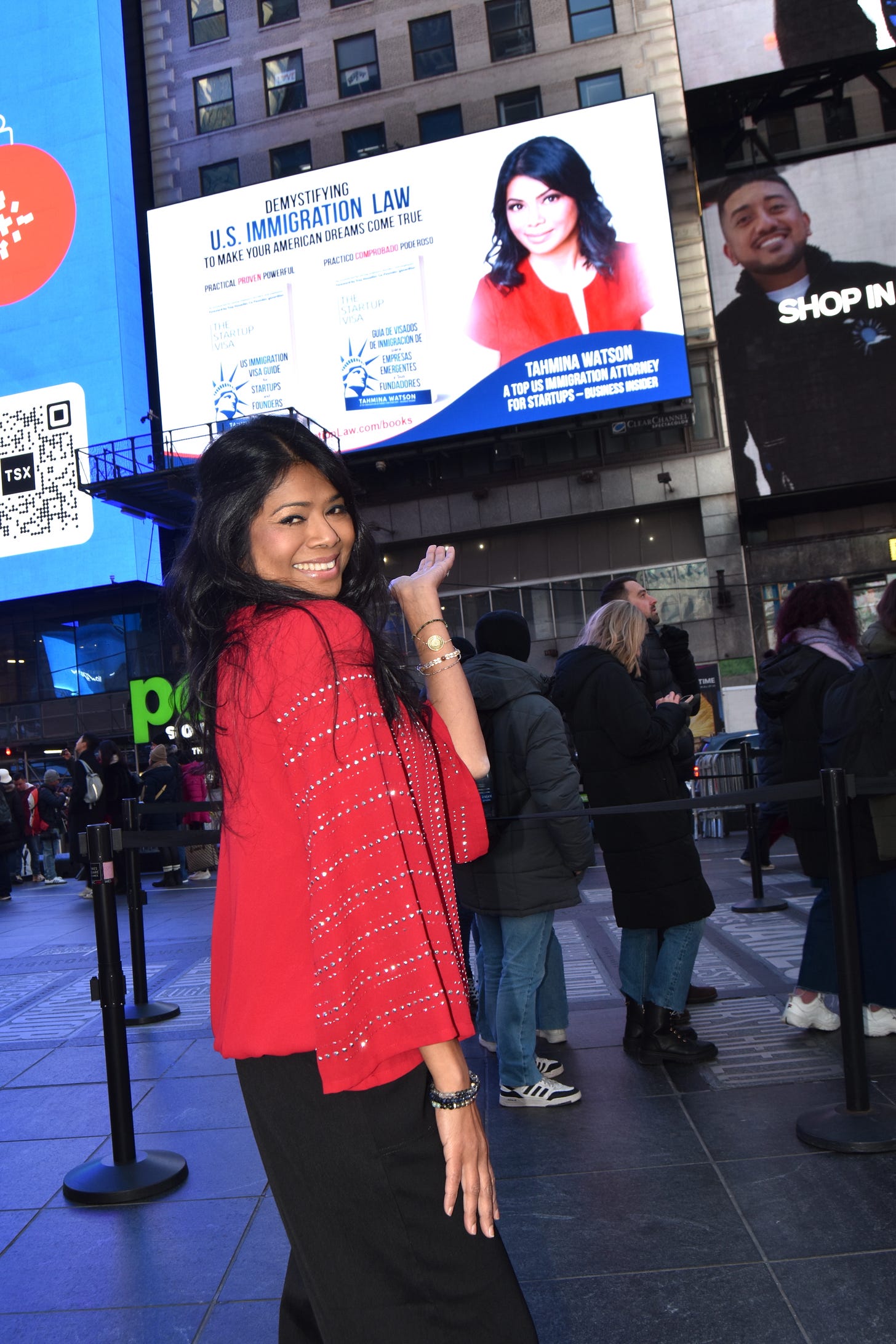
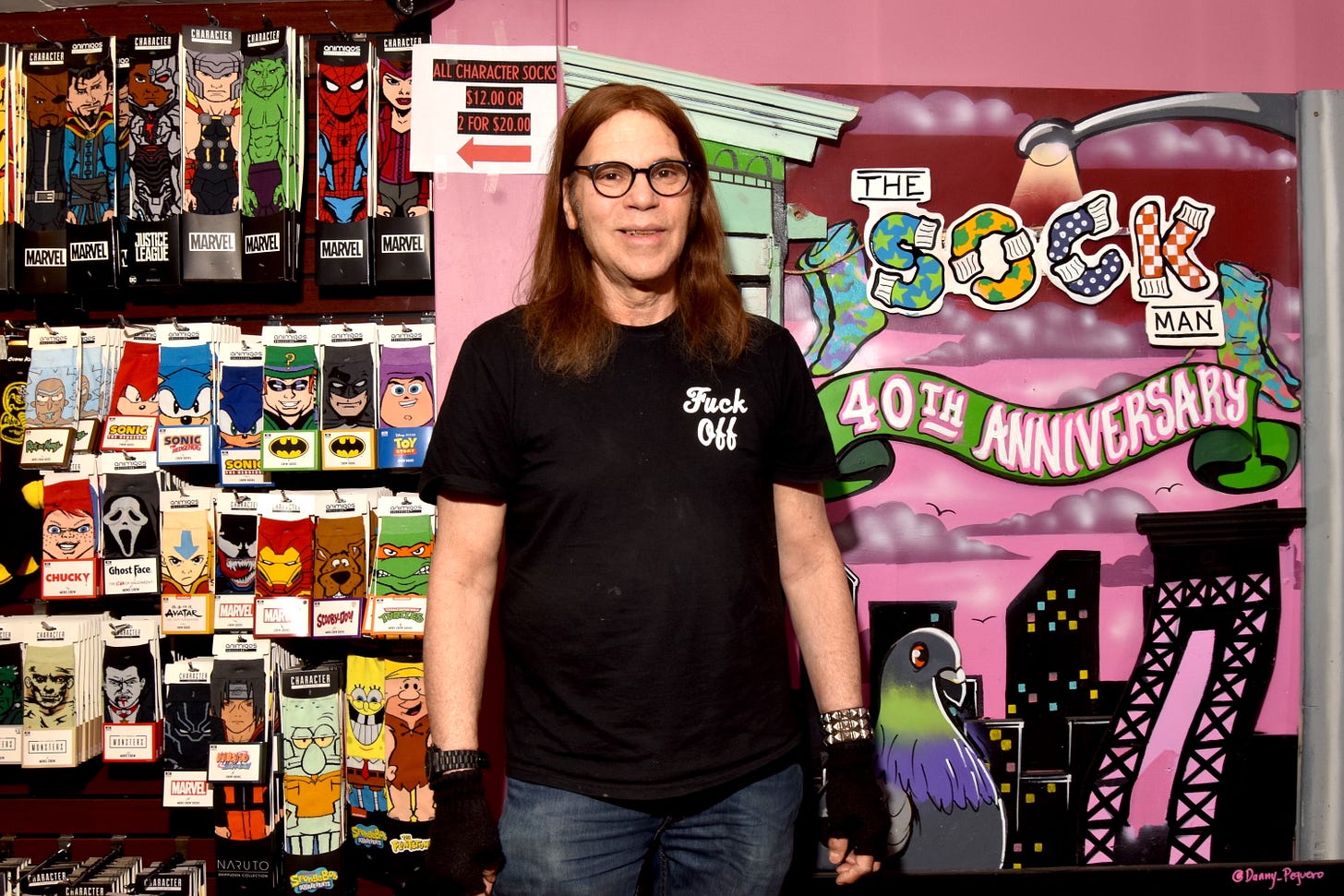
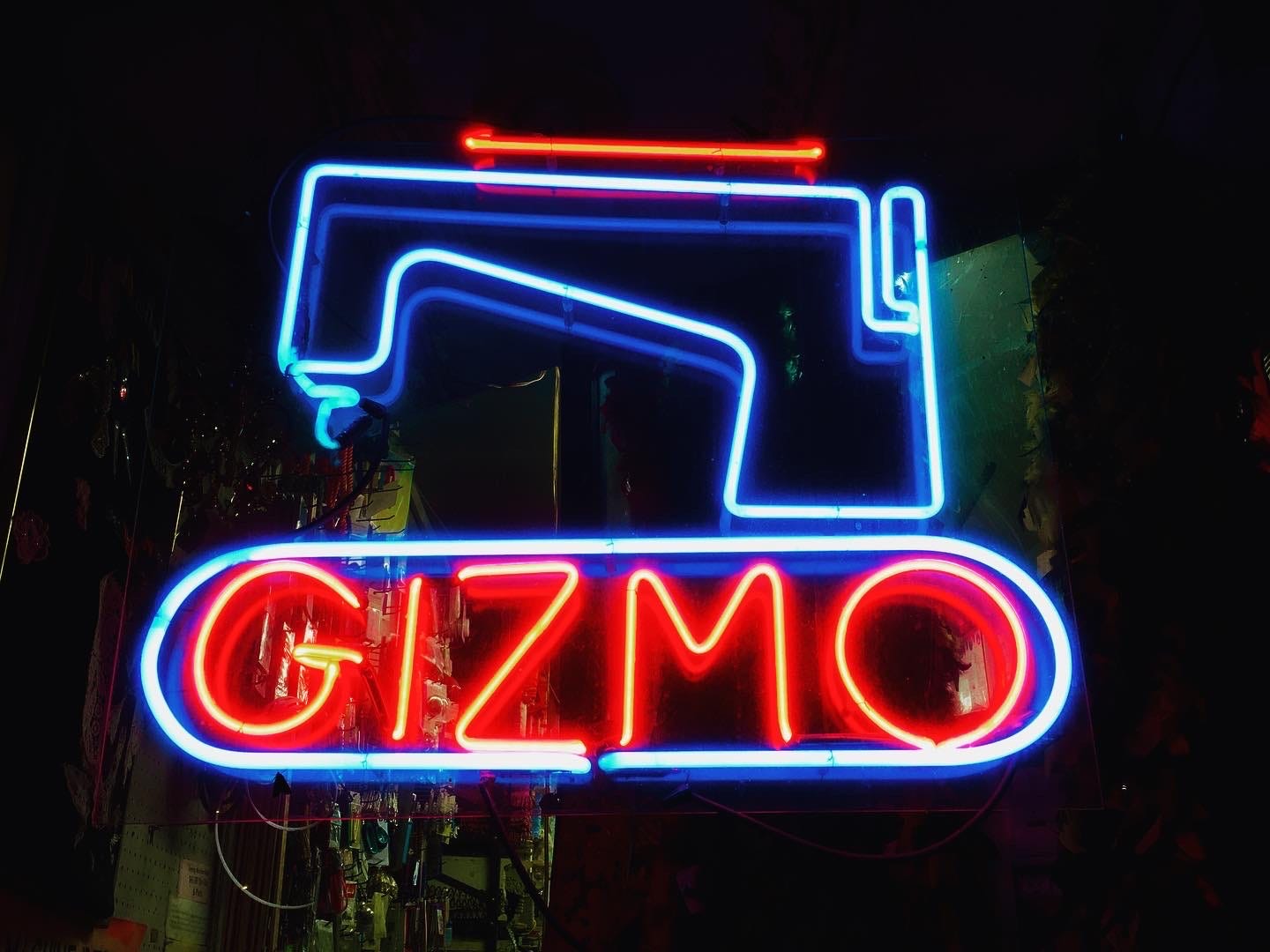
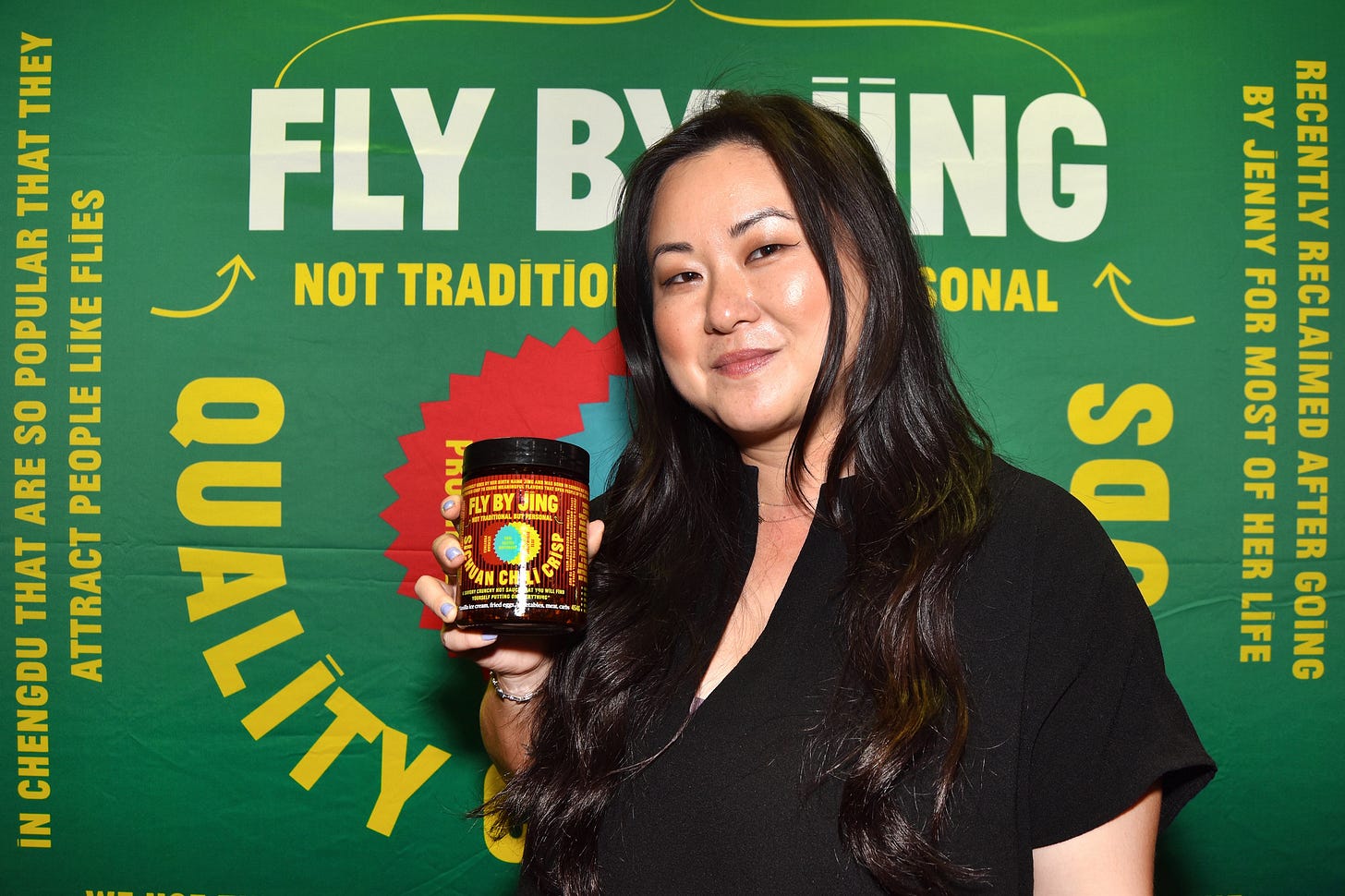
Wonderful article! I highlighted the section on the heroes who pitched in during the Muslim Ban